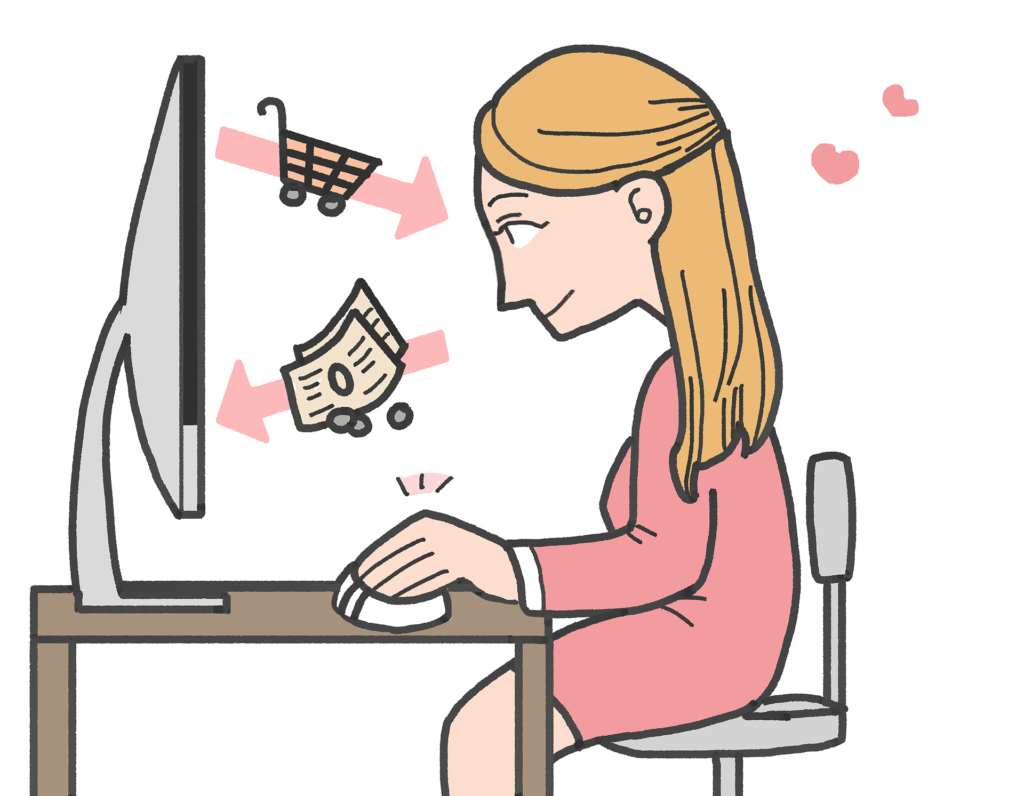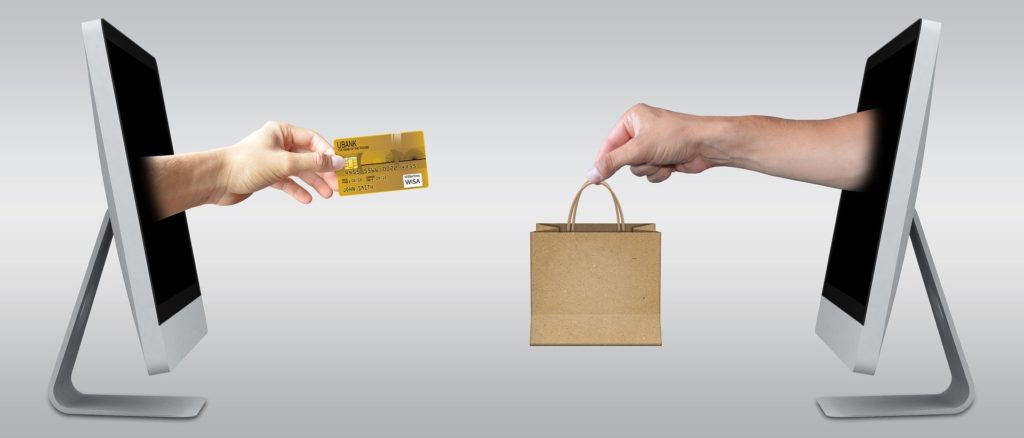In the midst of a global pandemic and all the hardships of social distancing, it is important to find comfort in the familiar. Hobbies and personal interests are good ways to channel pent up energies (because gyms are closed) and unrelenting anxieties (because this thing is crazy on so many levels). But there is one first-world habit that should be curtailed at this time: retail therapy.
Even as millions of people are unemployed and unsure of how they will pay their bills, online shopping for non-essential goods and services has risen significantly in the last eight weeks. People are buying things they believe will make sheltering at home easier; they are looking to alleviate the pain of all the unknowns. If pre-corona shopping featured panic buying of unnecessary amounts of toilet paper and canned goods, the real-time corona is being marked by impulse purchases and increased spending on luxury items (alcohol being at the top of the list).

This behavior is dangerous for those who already struggle with financial health; it threatens even those who know how to handle their money, but are struggling to find strength and control in these uncertain times. There are many things driving this behavior, chief among them is boredom. Nobody has anywhere to go or anyone to spend time with, so they are finding solace and excitement in the online retailers. Getting a package delivered during this outbreak is giving people the thrills they would have found elsewhere, in healthier activities, before the pandemic.

The most important thing any quarantined shopaholic should do is identify their triggers. If the new sweater purchase is being fueled by anxiety, or the new kitchen appliance is being considered because of boredom, it is time to take a break from the screen. Another critical step is finding alternative ways of getting the same satisfaction. Exercise, meditation, laughing with a friend, or even cooking a wholesome meal, can provide the same rush as spending money. Wish lists are also a good way of curating desired items without actually spending money. By putting the item on their list, consumers feel like they are one step closer to owning it, but giving themselves time to think about the actual purchase.
Budgeting is the most strategic way of fighting against corona overspending. Build a budget that allows for some splurging, but not excessive squandering of cash. Financial advisors recommend limiting online purchases to a specific dollar amount or number of items. The goal is to train the stuck-at-home, looking-for- comfort consumer to buy one thing OR the other, but not everything in their cart. Setting specific times for online shopping also reduces mindless browsing. Staying focused and realistic about immediate needs, versus wants and long-term nice to haves, ensure intentional shopping.
This is certainly a challenging time. Take steps to stay physically and fiscally safe to ensure your wellbeing now and in the future.

Sorry, comments are closed for this post.